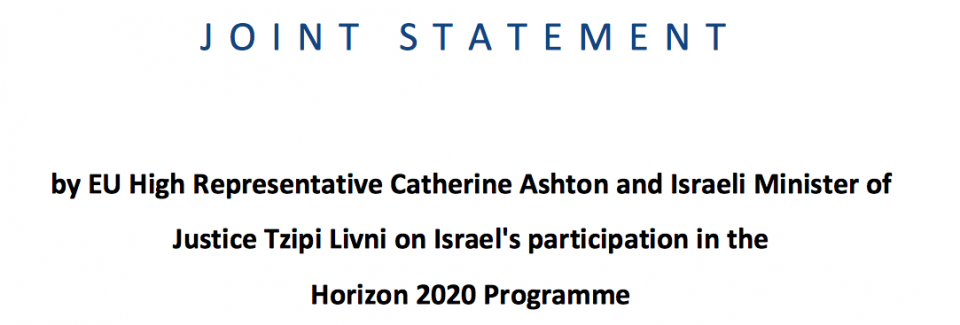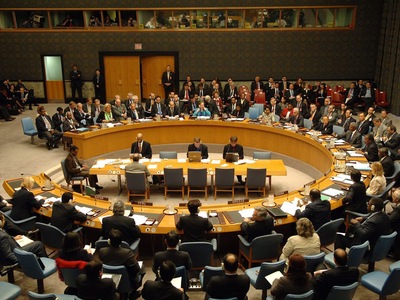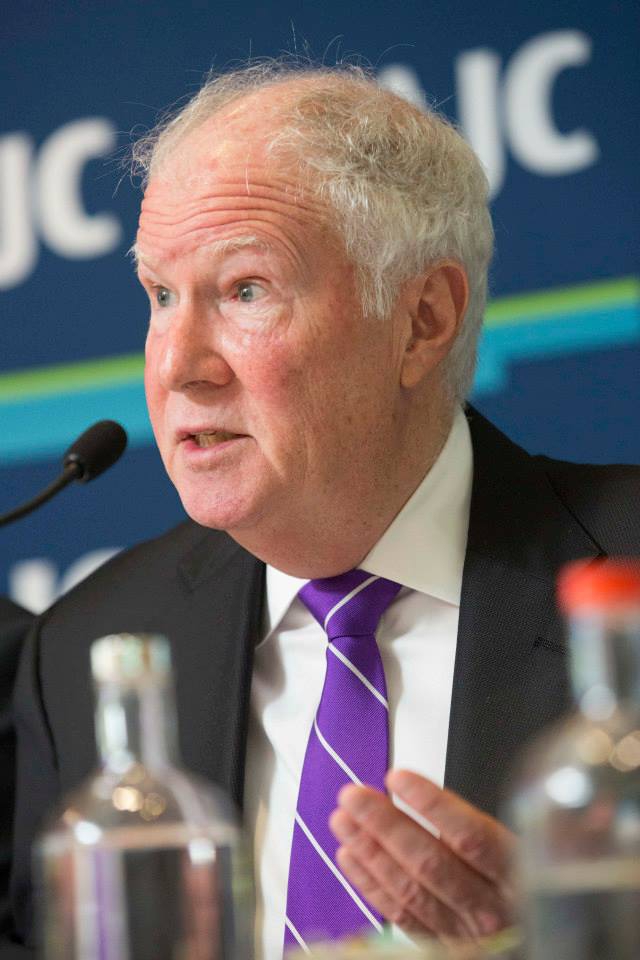Analysis
NATO and Israel are Right to Deepen Ties
By Michael Sieveking
Israel is fast becoming NATO’s premier partner country. As the alliance’s Mediterranean Dialogue program turns 25 this year, enlisting Jerusalem’s help to tackle today’s security challenges is still a no-brainer: NATO can tap into over seven decades of counterterrorism experience, learn from a cyber powerhouse, and deepen intelligence ties with a tested and vibrant democracy perched on the shores of the Levantine powder keg.
And yet, the partnership, in many ways self-evident, nevertheless had to overcome some major hurdles. While NATO lives by the principle of collective security, Israel must rely on itself to defend its razor-thin 15-kilometre waistline. What’s more, multilateralism is the allies’ lifeblood while the Jewish state tends to associate it with political headaches. Until recently, NATO was no exception to this rule: Only after Turkey finally lifted its six-year veto in 2016 was Israel allowed to open a liaison office at the Brussels headquarters and ink an individual cooperation agreement in 2017.
Three years on, Turkey’s about-face is unlocking the partnership’s full potential. NATO’s leaders aren’t shy about showing off the deepening ties: High-level visits to Israel, like the one of Deputy Secretary-General Rose Gottemoellerin January, are emblematic of the upward trend. In her own words, it was “time well-spent.” After meeting with Israel’s senior brass and government officials, NATO’s number-two canvassed Israel’s northern border by helicopter, hovering just a stone’s throw from Hezbollah’s Lebanese stronghold.
Living at close quarters with radical Islamist terrorists is business as usual for Israel. Iran’s fully-owned proxy Hezbollah today has an estimated 150.000 missiles aimed at Israeli cities. The Israel Defense Forces (IDF) can share invaluable experience in asymmetric warfare against terrorist armies that use its own population as human shields and thus can give crucial advice to NATO commanders as they face similar challenges. Israel has pioneered advanced techniques to help protect civilians in residential combat zones, such as giving them advanced warning through text messages or using low-yield devices to warn and prompt civilians to leave buildings designated as military targets.
NATO shifted its attention to the Middle East after the 11 September 2001 terror attacks. Partnering with Israel was already then a natural choice, despite sometimes-fraught relations with Turkey. A founding member of the Mediterranean Dialogue program, Israel signed up in 2008 to NATO’s flagship maritime operation in the Mediterranean Sea, Operation Active Endeavor. In 2017, Israel hosted NATO officials for a five-day counterterrorism training seminar with experts from Israel’s security establishment.
On countless occasions, Israel has fed NATO allies life-saving intelligence. Just last year, Israel prevented a blood bath at a political rally in Paris plotted by diplomats of the Iranian regime. Israeli warnings also foiled an ISIS attack at a soccer match between NATO ally Albania and Israel in 2016. Last year Israel unearthed a treasure-trove of evidence on the nuclear ambitions of Tehran, the world’s foremost state-sponsor of terrorism. The list goes on.
Cyber warfare is increasingly viewed as the Achilles heel of advanced economies. Early on, Israel had to respond to such attacks on its critical infrastructure. Today Israel is a global leader in the field of cybersecurity, its ecosystem the envy of the world. Israel’s enemies have long known this. Its friends are now increasingly benefiting from it.
Last year, Israel’s elite cyber unit 8200 thwarted a potentially harrowing ISIS “air attack” on European soil. Earlier this month, Israel made history by responding in real-time to a Hamas cyber-attack with a conventional air strike. The IDF’s Twitter account quipped: “HamasCyberHQ.exe has been removed.” To be sure, leaders from Tehran to Pyongyang heard loud and clear the crucial cyber defence precedent Israel set for the West.
In a landmark decision in 2014, NATO’s top governing body declared cyberspace an official domain of operations on equal footing with land, sea, and air. Two years prior, NATO had expanded its collective defence clause, Article 5, to apply to cyber-attacks. Today, every exercise must include a cyber component.
Nevertheless, for NATO, building collective cyber capacities is an uphill battle. Only a handful of members closely guard key cyber capabilities. According to Heli Tiirma-Klaar, Estonia’s cybersecurity ambassador, NATO is currently at only 10% cyber readiness. Sharing Israel’s expertise with NATO and fostering dialogue on this emerging domain of warfare can only enhance the alliance’s security.
The benefits are of course mutual. There are key capabilities where NATO can share its knowledge with Israel. To name just one example, working closely with the Energy Security Section of the alliance’s Emerging Security Challenges Division could prove invaluable for Israel’s current and future energy challenges.
There are also potential political dividends for Israel. The closer NATO partnership could help rebuild trust with its once staunch ally Turkey while bolstering the trilateral partnership with Greece and Cyprus. NATO could also fully tap into the Mediterranean Dialogue’s potential to promote relations between Israel and Arab countries. Incidentally, the IDF’s deputy chief of staff Eyal Zamir was in Brussels this week to attend – with Egypt and Jordan – a meeting of NATO’s Military Committee, the alliance’s highest military authority.
In April, Israel participated in the American-led exercise “Allied Spirit” in Hohenfels, Germany along with eight Allies. The symbolism of IDF soldiers standing alongside their peers from NATO countries and singing the national anthem “HaTikva” – “The Hope” – bodes well for the future.





